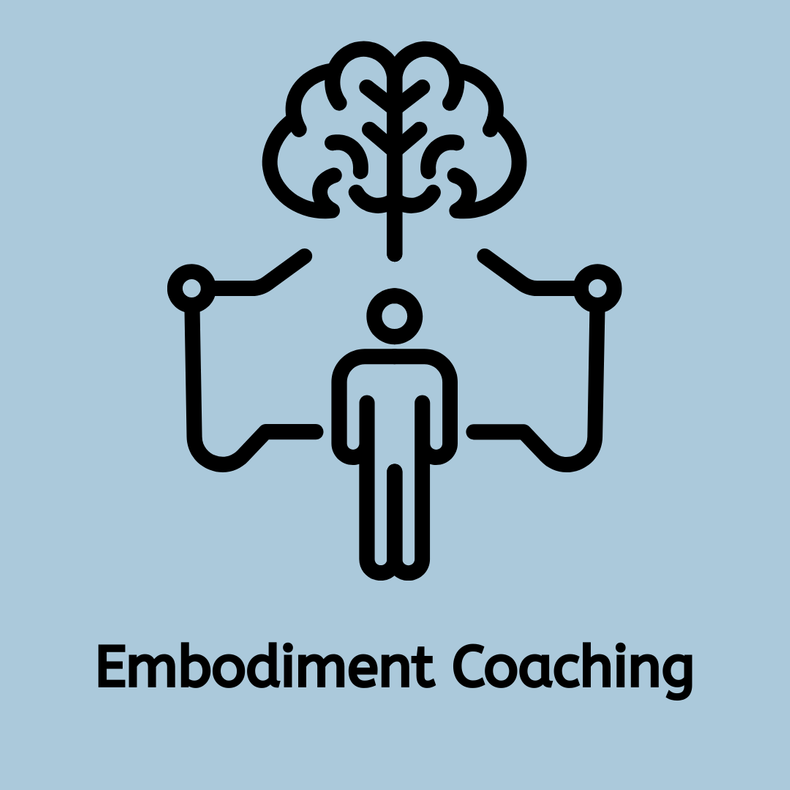Leading from the inside out: Why embodiment coaching matters

Written by Ana Indi Amona from Rainha Noir Coaching
Coaching is a collaborative, solution-focused and result-driven process in which the coach supports the coachee in their professional and personal development, according to the Association for Coaching.
Coaching can be traced back to ancient Greece and Socrates and Plato, although the term became more mainstream through sport.
Sports coaching focuses on the athletic development of an individual to improve their performance.
In the early to mid-1900s, coaching as we know it in modern days became focused on education, personal and professional development, rather than just sports.
It led to various types of coaching, such as executive, life, career, team, group, and leadership, among other niche areas of coaching, such as embodiment coaching.
Embodiment coaching is a type of coaching which supports the development and growth of individuals by involving the body and helping them connect more deeply with themselves and others around them.
To develop their self-awareness, self-regulation, as well as awareness of others and co-regulation for real lasting change.
Embodiment coaching supports brain health and the strengthening of pathways in the brain by supporting clients to hardwire ideas and release working brain capacity.
As research has shown, the brain not only likes repetition but also new things. Awareness of your body, your emotions, tensions, and triggers will help you make better decisions. Be conscious of the various options available to you to support effective decision-making (choice).
Awareness and choice are some of the principles of embodiment coaching. If an individual is fully aware of themselves, then they will have increased consciousness when making choices.
For example, if a person who experienced trauma in the past is aware of their trauma's bodily responses, they will be able to know when they are in real danger and when they have been triggered, and their brain is trying to protect them.
Based on their awareness of the above, they will be able to make better-informed choices.
In a business setting, if a manager is not aware of the impact they have on their team and their performance, they will not change and may continue to harm their team’s performance despite the team showing their discomfort with their leadership style or lack thereof, through their non-verbal communication.
Embodiment coaching can guide this manager by helping them understand themselves and how they may come across to others, understand the team members and how they would prefer to communicate and work, and make better choices which will have a positive impact on their team.
Recommend techniques, exercises and activities which not only would help the manager connect with their body, gain new skills and characteristics, but also take part in new things which will support their brain health.
As previous volunteers, who had never experienced Embodiment Coaching, shared, this type of coaching helped them realise how out of tune they were with their bodies.
The body carries a lot of information that the mind cannot decipher. If the definition in paragraph 3 is too theoretical, here is a simpler volunteer description: “Embodiment coaching is how to connect dots between mind and body. Create a space to connect the 2. Sometimes we think we are connected and listen to the body, but we are not.”
Embodiment coaching can support individuals in successfully connecting with themselves, despite their background, if done in a safe environment.
As with various types of talking therapies, despite its popularity, coaching is still not regulated.
The profession is not protected, meaning anyone can call themselves a coach regardless of whether they have a qualification or experience.
It is important, if you are interested in being coached, that you do your research before hiring someone.
Here are 3 things you can do before paying a coach for their services:
Firstly, ask them where they got their qualification from and check their experience.
Secondly, ask them if they are part of a professional body and/or if they follow their ethics.
The main coaching professional bodies are the International Coaching Federation (ICF), European Mentoring and Coaching Council (EMCC) and the Association for Coaching.
Finally, do a consultation; a lot of coaches offer a free consultation, which gives you the chance to get to know them and see if you connect. If you do not connect with them, continue your search.
It is important, you connect with your coach as they are about to work with you on your most important project, yourself.
I will give you an extra tip: check if the coach has insurance. A coach who takes their work and profession seriously will have insurance coverage in place in case something happens.
Coaching can easily be accessible nowadays due to its popularity and mainstream availability, but do your research to ensure you have the right coach and the type of coaching.
If you are seeking personal and professional growth through awareness and regulation of the body, then look no further, as embodiment coaching may be for you.
